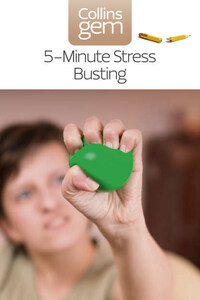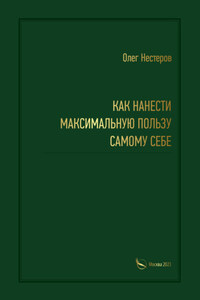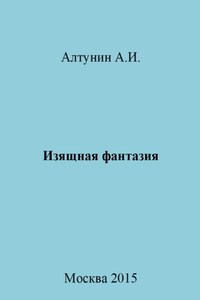If feeling tense, âsick with worryâ, or overwhelmed with work is familiar territory for you, then you know what itâs like to suffer with stress. Perhaps youâve suffered from physical symptoms, like a persistent headache or dry mouth? Most of us struggle at times to cope with the ups and downs of daily life, and this is normal. But when stress continues over a long period, or youâre dealing with life-changing events such as moving house or coping with bereavement, you need to know how to minimize your stress levels. The most important thing to remember is that youâre not alone. Our fast pace of life, and the pressure to look good and be successful in everything we do, means stress is more prevalent than ever. A survey commissioned by the Samaritans found that 59% of people in the UK said they feltâstressed outâ at least once a month. Work is partly to blame.
According to the International Stress Management Association, 70% of adults are stressed at work. That translates into the loss of 13 million working days each year to stress, costing UK organizations £4 billion.
Although itâs difficult to draw like-for-like comparisons with other countries because their measurement of data can differ markedly, we do know that stress, particularly work-related stress, is an international problem.
A study entitled âWork and Health in the EU â A Statistical Portraitâ, shows that in 1999 more UK people (especially women) reported work-related stress, depression and anxiety than their European colleagues. Portugal came second, with Spanish workers the least stressed. Across the Atlantic, a 1997 survey by Yale University showed that 29% of American workers felt âquitea bitâorâextremelyâstressed.
The long hours culture doesnât help. In 2002 a survey found that the UK worked the longest hours in Europe â over 43 per week, with 10 per cent of employees clocking up a 61-hour week â and took the shortest holidays, with just 20 days annual leave. This compares with Europeâs 40-hour average working week and holidays as long as 38 days in, for example, Austria.
The Health & Safety Executive defines stress asâthe adverse reaction people have to excessive pressure or other types of demand placed on themâ. Dr Chris Johnstone, author of Find Your Power, describes it as âan imbalance where the demands experienced by someone exceed what they can happily cope withâ.
Experts agree that some pressure can be useful, spurring us on to greater achievements so we can reach our full potential. But when the pressure is too great â and this varies from person to person â the body cannot cope and starts to display a variety of physical and mental symptoms. This is when ânormalâ everyday pressure ends and stress begins.
The stress response is first and foremost a survival mechanism. The human body responds instinctively to danger by preparing physically and mentally for either âfight or flightâ â doing battle or running away very fast!
When we are under threat our bodies release a variety of chemical messengers and hormones such as adrenaline, noradrenaline and cortisol. These act rapidly â oxygen is pumped faster round our bodies and our brains and muscles get a bumper supply of blood, diverted from other areas such as digestion â so that we can think and act quickly. This undoubtedly served our ancestors well in deciding whether to fight the sabre-toothed tiger or run away from it, and the physical exertion in either activity would have neutralized the effects of the chemicals and hormones in their bodies.
Our everyday worries are different now. While not immediately life-threatening, traffic jams and money problems still trigger the same chemical response as that hungry sabre-toothed tiger did all those millennia ago.
We take less exercise nowadays, so the body retains those chemicals and hormones which, admittedly, help to boost our performance in the short term. However, itâs when our worries persist and there is no physical outlet that stress becomes harmful.
Recognizing that a problem exists can be difficult. By reading this book you have taken the first step on your journey towards combating stress!
Thereâs no single, magic solution. What works for one person may not work for another. So weâve included some tried and tested stress-busting techniques, practical hints and tips. Try these, even if you donât believe theyâll make a difference. You could be pleasantly surprised at how much better you feel, and how quickly, too! Itâs your life, remember, and thereâs no reason why you shouldnât spend some quality time on you â for a change.








